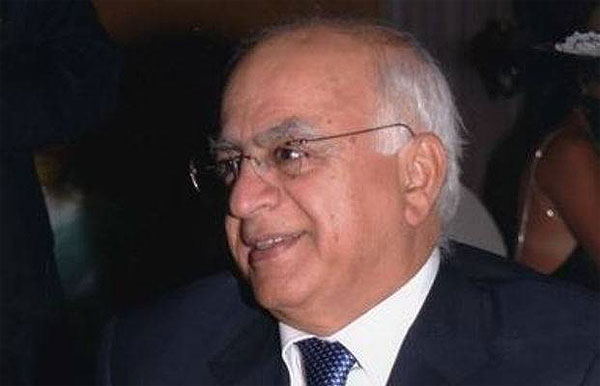13/02/2019
13/02/2019

Kuwait was founded about 300 years ago but got its independence from Britain in 1961. Since then, its leaders have made a lot of achievements marching on the road to progress, opened embassies worldwide and elected a national council consisting of 50 members and formed dozens of ministries, centers, institutions, agencies, and training and control bodies.
This is in addition to several independent bodies and a National Guard force and a national airline. The state also provided health services to the residents and the citizens, and also sent deserving cases abroad for medical treatment.
The Kuwaiti University was also established and tens of thousands of students studied there, and similar numbers were sent on scholarship to study in universities and other scientific institutes at home and abroad.
Colleges and military institutes were established and a modern army was built with the best weapons in the interior, defense and National Guard. The military cadres were admitted to these military institutions upon strict controls. Kuwait also established a diplomatic institute where the admission was limited only to the efficient and competent applicants.
All of these were preceded by the establishment of the Employment Diwan which later became the Civil Service Commission to select suitable candidates to fill available vacancies in various government institutions.
The State has not neglected to pay attention to the country’s main and sole source of income, which is oil. It has been keenly interested in choosing who manages this resource and who manages the assets of future generations and the state’s investments abroad.
The government also established the Audit Bureau for the purpose of supervising the finances of all state agencies and methods of exchange, and supported its work by establishing the Financial Supervisory Authority to supervise the state’s expenses, as well as the appointment, training and oversight mechanisms that are compatible with the new state’s luster.
In spite of all the above, a deputy in the Parliament sits in his tent and tells his guests and the audience and declares in front of the media that his tribe has chosen its candidate for the next complementary elections (although he is fully aware that primaries are punishable by law) and even went to the extent of disclosing his name.
The deputy continued to boast that he was doing all this, in cooperation with the ‘tribal leader’ and mentioned his name, and mentioned the services offered to the people of his tribe and how he succeeded, thanks to God, in the graduation of dozens of military men in the military colleges, and his success in helping appointing military and cultural attaches, acceptance of officers in military colleges, and the employment of dozens in government departments.
All this means that all the words that I wrote about the State and its control mechanisms and the committees to select applicants to military and diplomatic agencies are meaningless and everything related to the appointment and promotion and selection is rubbish, and all the rules administrative systems in the eyes of such deputies – and they are more – are of no importance.
Note: In an attempt to get back the respect he has lost in a recent meeting, a selfish and ungrateful deputy objected to the activities of the Mubarakiya Market, and the media responded to his request. I do not know how long do we have to put up with such interference, and who governs the state – the government or the miserable deputy.
e-mail: [email protected]
By Ahmad Al-Sarraf


